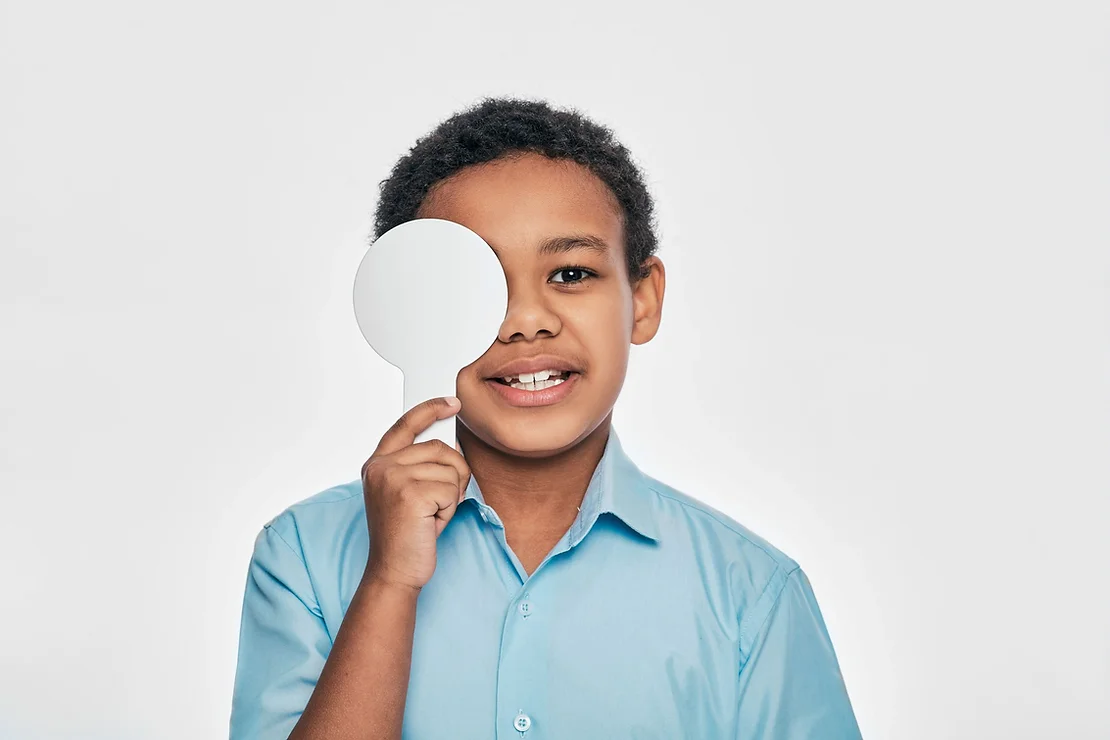Vision in School-Age Children
Jan 3, 2023
2 min read

Good Vision is the Key to Academic Success!
As eye care professionals serving families in University Place, Tacoma, and Lakewood, we know that your child’s vision is crucial to their academic success. Children may need glasses for a variety of reasons. And because a child’s vision system is growing and developing, especially during the first 5-6 years of life, glasses can play a crucial role in ensuring your child can be successful in school.
When a parent learns that their young child needs glasses, they often worry their child will need glasses forever but did you know most children, especially toddlers, outgrow their need for glasses?
This is because most early vision conditions are caused by changes in the shape of the eye. And as a child grows and develops, the shape of the eye can stabilize. Of course, this varies by child. You should always see an ophthalmologist or optometrist who can properly assess your child’s vision needs.
So, when is it time for your child to see an eye doctor? It’s recommended that your child see an ophthalmologist or optometrist by the time they are two.
If your child hasn’t had an eye exam within the last two years, you should schedule one right away, especially if you notice one of the following:
- Avoids reading
- Has poor handwriting
- Squints frequently
- Frequent headaches
- Losing their place while reading
- Has twitching of the eyelid
- Has a short attention span
- Covering one eye
- Double vision
- Holding reading materials too close
The vision skills your child needs for school
Visual acuity
This is the ability to see clearly at a distance for viewing the whiteboard, at an intermediate distance for work on the computer, and close vision for reading and writing.
Eye tracking
Tracking is the ability to keep the eyes on target when looking from one object to another. This is important for everything from reading to active play.
Eye teaming
As the name suggests, the eyes are coordinated and work together. This is important not only for reading but also for depth perception.
Eye-hand coordination
This is the ability to use visual information to then direct the hands. It impacts most daily activities, like writing, drawing a picture, or trying to hit a ball.
Visual perception
Visual perception skills are the skills a child uses to make sense of what they seem, for example, the ability to recognize and then write letters and numbers.
Other key skills that are impacted by a child’s vision include recognition, comprehension, and retention.
The ability to see clearly at all distances is crucial for your child to be successful in school. If they exhibit any of the issues listed above, please contact us right away. We can help you and your child better understand their vision needs and how to best correct them.



